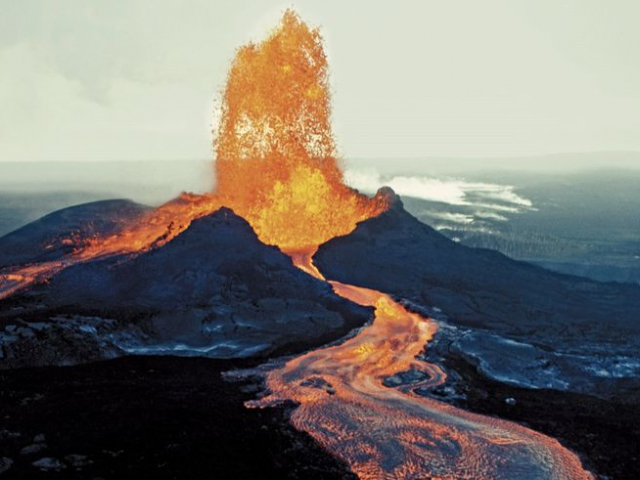
Mauna Loa (Hawaii, US)
Mauna Loa, meaning "Long Mountain," is the tallest volcano in the world, located in Hawaii, US. It stands at 9,179 meters tall and covers an area of 5,271 square kilometers, with a maximum width of 120 km. It is the largest active volcano on Earth, occupying about 50% of Hawaii Island. The terrain around Mauna Loa is low in silica. The volcano rises 4,170 meters above sea level and is about 700,000 years old, with 300,000 years of its existence spent underwater. Its activity has been recorded since the early 19th century, with over 30 eruptions. Each eruption increases the volcano's size. The last recorded eruption occurred between November 27 and December 13, 2022, marking the first since 1984.
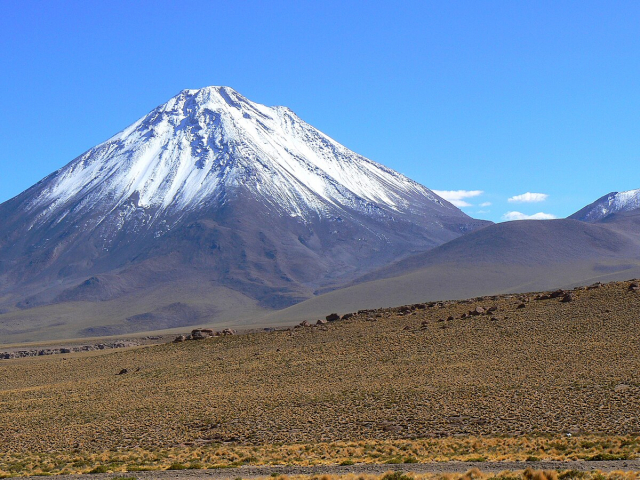
Llullaillaco (South America)
Llullaillaco is a classic stratovolcano with an altitude of 6,739 meters and a layered conical shape. It is located on the border of Chile and Argentina in South America. The volcano's name translates as "soft mass that becomes hard." On the Chilean side, Llullaillaco National Park is situated at its base, offering scenic views for tourists. As climbers ascend, they may encounter various birds and animals in their natural habitat. The most powerful eruptions were recorded in 1854 and 1866, with the last volcanic activity occurring in 1877.
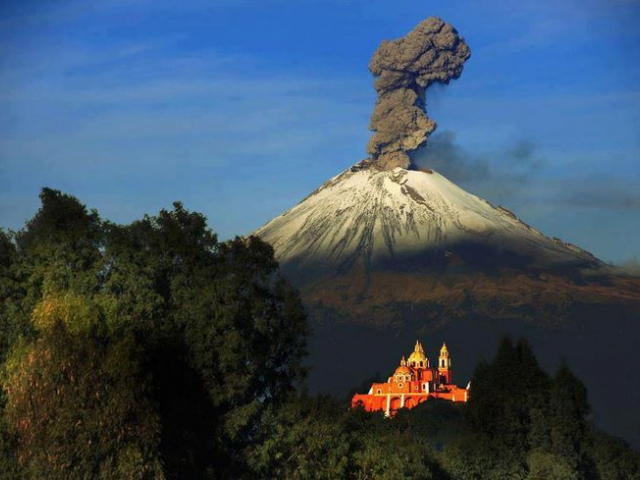
Popocatépetl (Mexico)
Popocatépetl, also a stratovolcano, is located in central Mexico and is part of the Trans-Mexican Volcanic Belt. It stands at 5,426 meters, making it the second-highest mountain in Mexico. Its name means "Smoking Mountain." Popocatépetl is about 730,000 years old, with a conical shape, a base diameter of 25 km, and a peak height of 5,450 meters. Its crater has an elliptical shape with steep walls, with its northern and southwestern sides being the longest. The volcano remained dormant for much of the 20th century but has become active again. A major eruption occurred in 1991, and since 1993, smoke has been constantly rising from its crater.
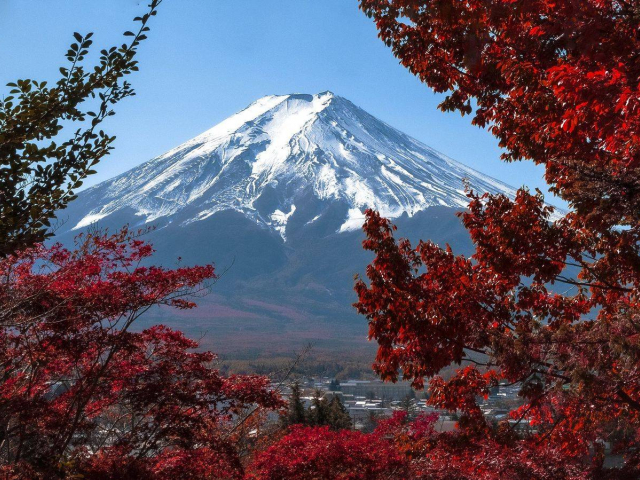
Mount Fuji (Japan)
Mount Fuji, an active stratovolcano, is located on Honshu Island, Japan. It is the highest mountain in Japan and the seventh-highest volcano in the world, standing at 3,776 meters above sea level. Its main crater is 780 meters in diameter and 240 meters deep. Mount Fuji is famous for its perfectly symmetrical cone, which is covered in snow for five months each year. It is considered a cultural symbol of Japan and one of the country's "Three Sacred Mountains," alongside Mount Tate and Mount Haku. Fuji is a major attraction within Fuji-Hakone-Izu National Park and was designated a UNESCO World Heritage site in June 2013. The volcano has been dormant since its last eruption in 1707, but geologists still classify it as active with a low risk of eruption.
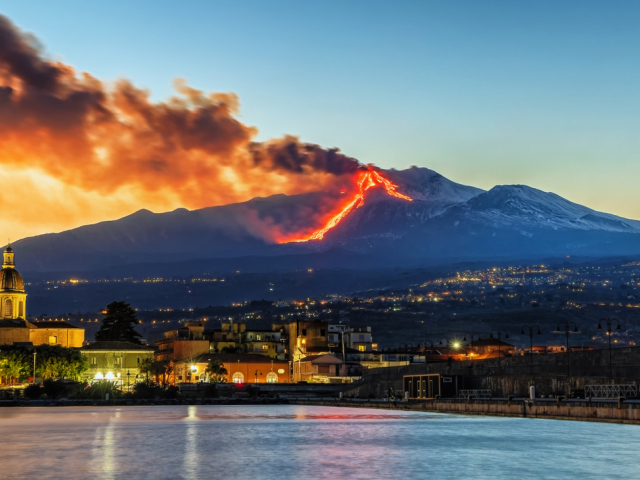
Mount Etna (Italy)
Mount Etna, an active stratovolcano, is located in Catania on the eastern coast of Sicily, Italy. Its altitude is 3,350 meters and it covers an area of around 1,600 square kilometers. It is one of the highest active volcanoes in Europe and the tallest peak in Italy south of the Alps. Scientists regard Mount Etna as one of the largest active volcanoes in the world, with its height increasing after each eruption. Its summit is always snow-capped. The volcano has four central cones and around 400 side cones. Its first recorded eruption dates back to 1226 BC. Etna is known for its diverse vegetation, including palms, cacti, pines, agaves, firs, hibiscus, fruit trees, and vineyards. Some plants, like the stone tree and the Etna violet, are unique to the area. The lower slopes and Catania Plain are rich with fruit orchards due to the fertile volcanic soil. In June 2013, Mount Etna was added to the UNESCO World Heritage list.
 Deutsch
Deutsch 
 Русский
Русский English
English Bahasa Indonesia
Bahasa Indonesia Bahasa Malay
Bahasa Malay ไทย
ไทย Español
Español Български
Български Français
Français Tiếng Việt
Tiếng Việt 中文
中文 বাংলা
বাংলা हिन्दी
हिन्दी Čeština
Čeština Українська
Українська Română
Română
